Why electric car owners are heading for a crash
There is a growing divide between the number of electric cars on Australian roads, and the number of chargers keeping them going.
Motoring News
Don't miss out on the headlines from Motoring News. Followed categories will be added to My News.
Electric vehicle sales are accelerating too quickly for charging infrastructure, creating a potential headache for users down the track.
Australia has surged past 100,000 electric cars on the road, but there are less than 1000 public fast chargers to serve them.
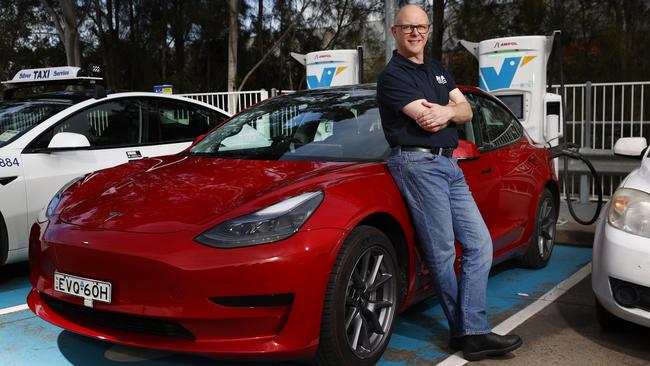
Geoff Brady, chief operating officer of charging giant Evie Networks, said the switch to electric cars was “beyond where we expected it to be”.
“We’ve had a six-fold increase in utilisation across the network in Australia compared to August last year,” he said.
“It’s in excess of the forecast.”
Evie runs about 300 of the 900 rapid public chargers currently operating in Australia.
Rival networks such as ChargeFox are also building to meet demand, as are petroleum giants such as Ampol, BP and Shell, which are introducing electric power on their forecourts.
The Albanese Government has also committed to funding 117 highway charging sites in partnership with the NRMA.
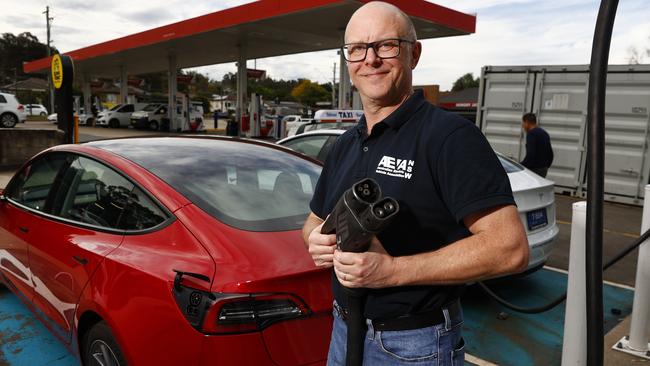
Michael Day, national treasurer of the Australian Electric Vehicle Association, said there needed to be more charging points at existing sites, as some can only handle one or two cars at a time.
“The problem we are starting to face is that the numbers aren’t there, we need more,” he said.
“We are getting a little bit of congestion in popular times. Our density of electric chargers is low and we need to catch up. It needs to be better.”
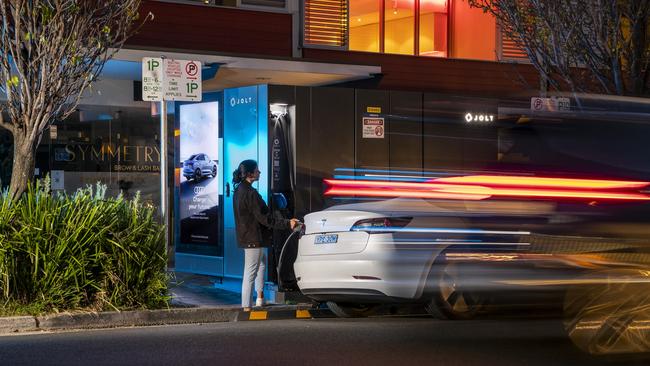
Ben Lever, a green transport advocate for Solar citizens, said there needed to be more chargers in each location.
“Often there is just one, which is fine in the city when the next one is 10 minutes away but in the regions it could be 100km away,” he said.
Over holiday periods, the lack of charging infrastructure has led to long queues and frayed tempers.
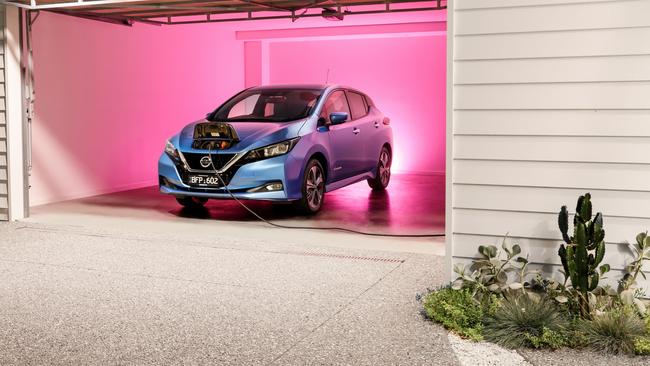
With EV sales likely to double next year, the problems will only grow.
Luke Todd, chief executive of BYD importer EV Direct.com, said government and business were putting “a lot of effort and energy” to “fill that void”.
“As more and more EVs get on the road the business case for putting high-speed chargers in your petrol stations becomes much more viable,” he said.
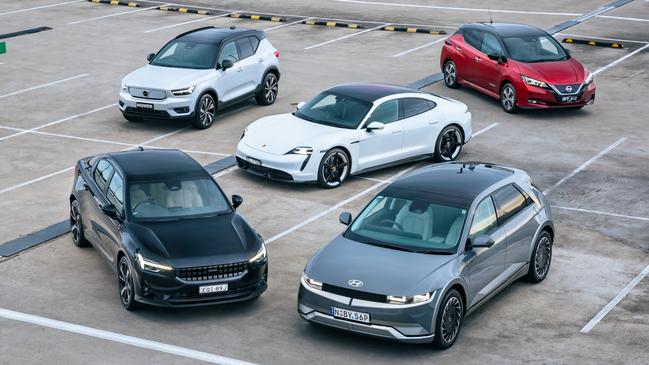
“Everybody’s focused on the mindset ‘I’ve got to go to a petrol station and fill up in 20 minutes’. But the reality is cars are parked for 96 per cent of the time. So having a lot of chargers scattered all around conveniently, whether it be at home or at a shopping centre, a sporting field, at work, that is really where the key is.”
Behyad Jafari, chief executive of the Electric Vehicles Council, said charging hassles were “blown out of proportion”.
“My biggest advice to friends and family who consider electric vehicles is that you think about infrastructure and charging your vehicle a lot before you buy one and then very little after you buy one,” he said.
“Recharging an electric vehicle is actually more convenient than refuelling a petrol vehicle 98 per cent of the time.
“For that two per cent of the time, if you’re going on a family holiday somewhere, it’s less convenient. But that just means planning ahead, It’s not impossible to do.”
Mr Day said the switch toward electric vehicles was “a no-brainer”, though it could be smoother for people who regularly drive long distances.
“We aren’t quite there yet,” he said.
“[But] if you’re willing to be adventurous, if you’re willing to think about the environment, if you want to save money on running costs, it’s time to look at an electric vehicle.”


